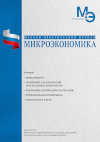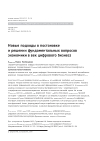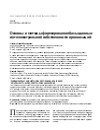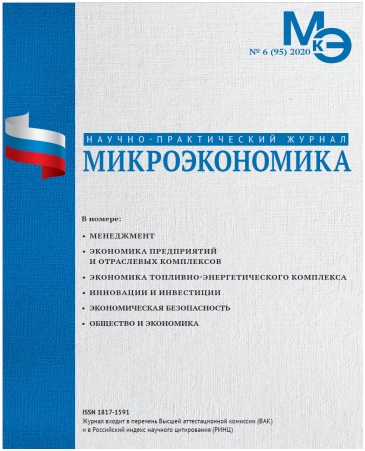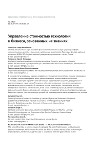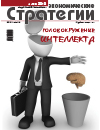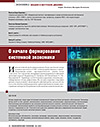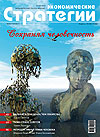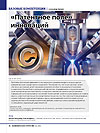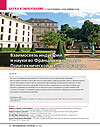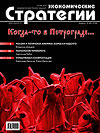New approaches in formulation and solution fundamental issues of economics in the age of digital business
DOI: 10.33917/mic-1.114.2024.25-34
The article presents the genesis of the methodology for the study of the conceptual and categorical apparatus of microeconomics as a science before and after its separation from political economy. It is shown how, in the depths of traditional neoclassicism, new features of economic analysis based on the concept of a platform-type business are being formed – the irrelevant geographical location of primary links and economies of scale of demand. Based on the theoretical study of the platform business model, the manifestation of the basic category – digital reality – is justified. Based on the prevailing socio-economic processes, in which consumer behavior depends on the importance of digital platforms, the need to study consumer culture is explained. It is concluded that the platform business, which forms a new consumer culture, allows for a new revision of the methodology for setting and solving fundamental issues of economics.
References:
1. Arutyunova G.I., Sultygova A.A. Microeconomics in questions, tests, tasks and case problems, situations, Internet tasks. Moscow: MADI, 2014. (In Russ.).
2. Arutyunova, G.I., Sultygova A.A. Economic theory in diagrams, tables and graphs. Part 1. Microeconomics: studies. manual. Moscow: MADI, 2014. 64 p. (In Russ.).
3. Kuntsman M.V., Sultygova A.A. Theoretical concepts and methodological approaches to understanding the theory of production and cost analysis in the conditions of digitalization in microeconomics. Microeconomics. 2022;5:62-68. (In Russ.).
4. Vanin A. Dynamics of sales growth [Electronic resource]. URL: https://ru.investing.com/analysis/article-200298460?ysclid=lpca86zpya83839132
5. Grabova, O.N., Suglobov A.E. Digital property and new economic relations. Finance: Theory and Practice/ Finance: Theory and Practice. 2019;23(6):50-62.
6. Kondakova, A.V., Zolotukhina E.B. Analysis of the advantages and disadvantages of SaaS technology (software as a service) [Electronic resource]. URL: https://cyberleninka.ru/article/n/analiz-preimuschestv-i-nedostatkov
7. Sultygova A.A. Methodological recommendations for writing an essay on microeconomics. Moscow, 2013. (In Russ.).
8. Sultygova A.A. The subject of an essay on microeconomics. Moscow: MADI, 2014. (In Russ.).
9. Kuntsman M.V., Sultygova A.A. The activity of cartels as a threat to economic security // Modern fundamental and applied research. 2015;4 (19):142-144. (In Russ.).
10. Kovalenko A.I. Network effect as a sign of the dominant position of digital platforms [Electronic resource]. URL: https://cyberleninka.ru/article/n/setevoy-effekt-kak-priznak-dominiruyuschego


